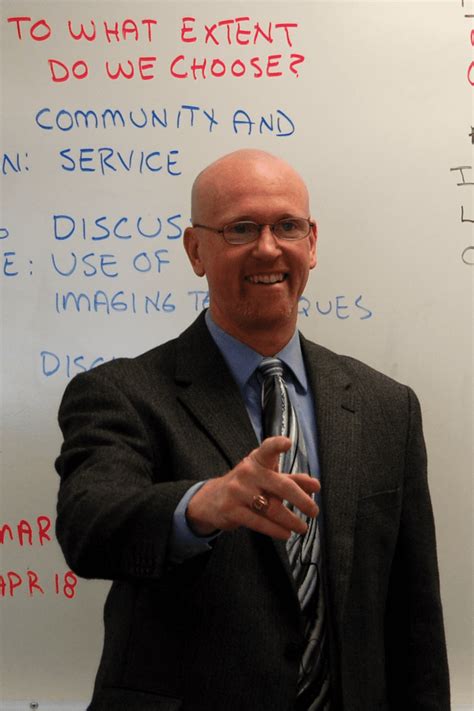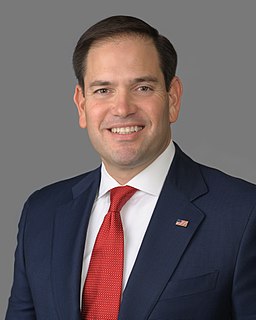A Quote by Stephen Colbert
There is a residual sense for me, having grown up in the early '70s, that I did not know I had, which was a sense that the military are different than I. Because there was such a divide between the military world - and there still is, because there's no draft - and the civilian world is one of the rotten harvests of the Vietnam War, was this sort of bifurcation of America in that way.
Related Quotes
Yes and no. Because America has only about 1 percent of the population serving in the military, it is hard for many civilians to understand the sacrifices military families make. However, my experience is that after the Vietnam War, the public learned that they should support the military whether or not they support the war. You've seen that outpouring of support for the veterans of both Iraq and Afghanistan.
The intellectual and moral failures common to America's general officer corps in Vietnam and Iraq constitute a crisis in American generalship. Any explanation that fixes culpability on individuals is insufficient. No one leader, civilian or military, caused failure in Vietnam or Iraq. Different military and civilian leaders in the two conflicts produced similar results. In both conflicts, the general officer corps designed to advise policymakers, prepare forces and conduct operations failed to perform its intended functions.
You ask what my conclusions are, rereading my journals and looking back on World War II from the vantage point of quarter century in time? We won the war in a military sense; but in a broader sense, it seems to me we lost it, for our Western civilization is less respected and secure than it was before.
I don't know that I had a sense that there was such a thing as "the poetry world" in the 1960s and early 70s. Maybe poets did, but for me as an onlooker and reader of poetry, poetry felt like it was part of a larger literary world. I mean, even the phrase "the poetry world" reflects a sort of balkanization of American literary and artistic life that has to some extent happened since then.
There was sort of a negative association with the military. Maybe growing up in the South or being in a family with members of the military, I didn't have that negative connotation, but I did have this 'separate' connotation. I was ashamed to realize I had it and did not realize I had it until I was [in Iraq]. I was so impressed by the people I met over there and there was just a sense of connection and gratitude towards those people.

































